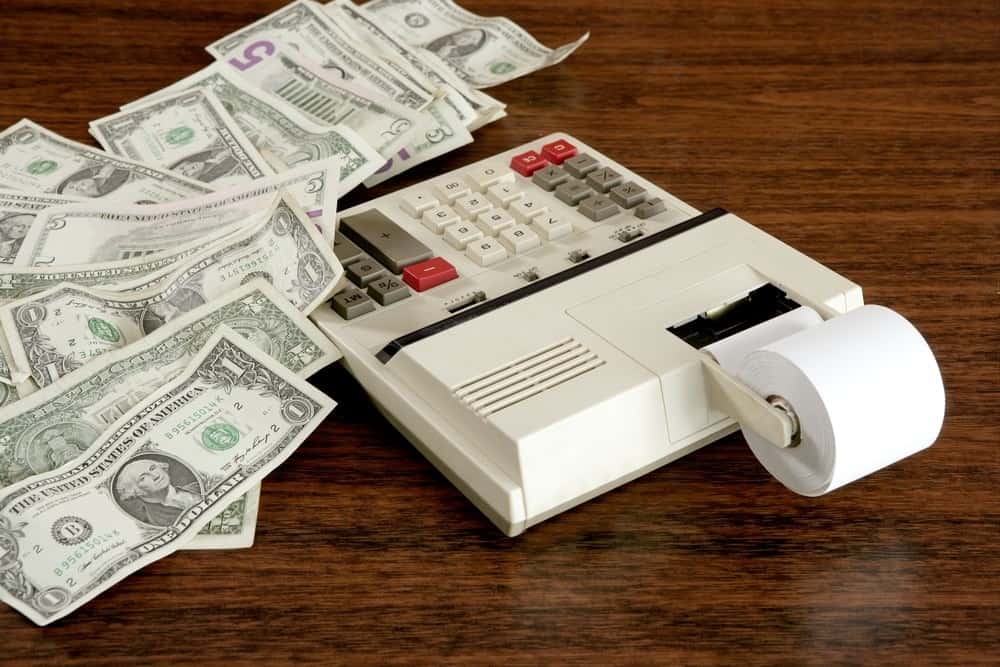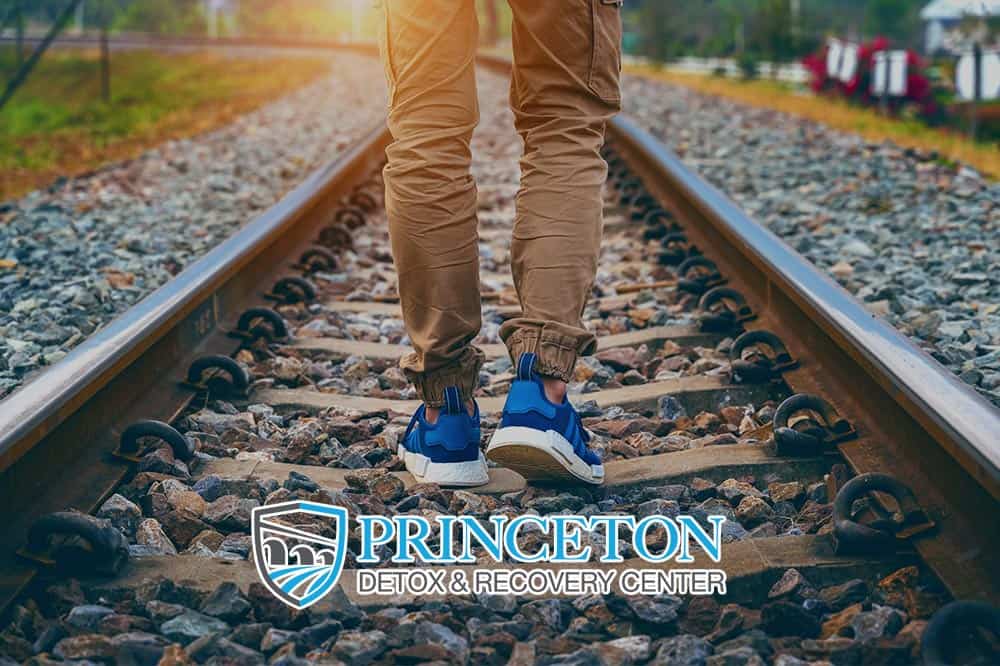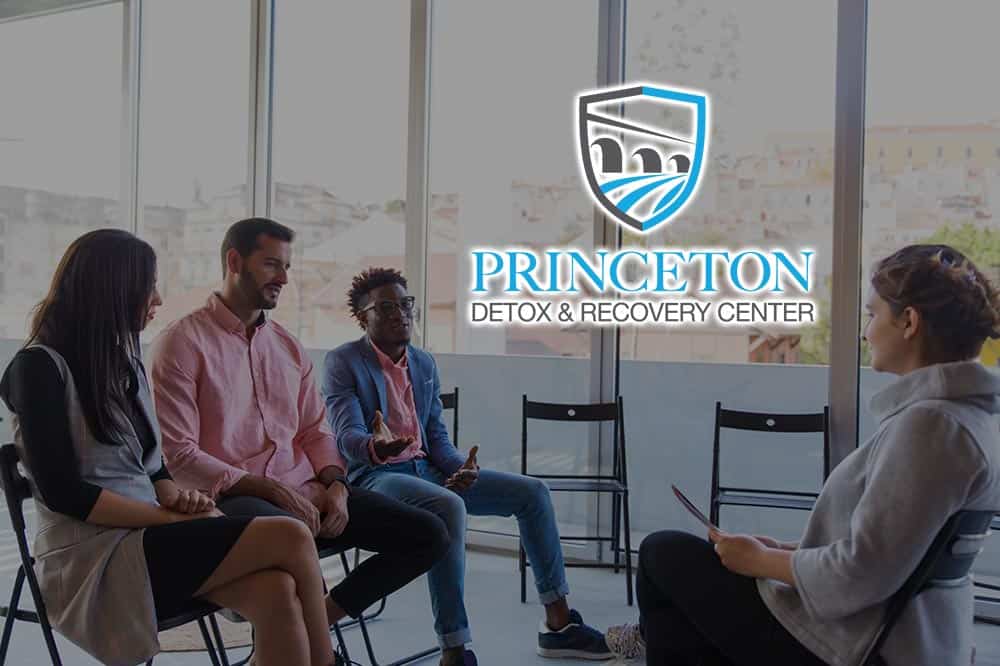Substance abuse can take a toll on many aspect of a person’s life – family, friends, employment, personal health and romantic relationships can all suffer greatly as a result of addiction. If you have sought recovery and are able to maintain sobriety, you have achieved an incredible feat. The next stage in the recovery journey is beginning to rebuild the damage cause while in addiction.
Unfortunately, some of the effects of addiction can affect you long beyond the substance leaving your body. Finances, in particular, normally take a huge hit as a result of addiction. One report, released by the White House in 2014, found that drug users spent more than $100 billion on illicit substances between 2000 and 2010. Meanwhile, the National Institute on Alcohol Abuse and Addiction estimates that alcoholic who binge-drink seven days per week can spend 10s of thousands of dollars each year on alcohol.
This adds up quickly and can be devastating for your bank account and credit. It can be tough to rebuild finances after addiction, but it is definitely possible. Just like recovering from substance abuse takes courage and patience, so too does rebuilding your finances. Drug and alcohol-related debt can be conquered. Here are a few tips for rebuilding your finances after addiction:
Organize yourself to get a true sense of your debts.
Once you have left detox treatment and have a clearer head than you did while you were using, you should be able to get a better sense of what level of debt you are facing. Make a list of the different debts you have and rank them from highest balance and interest to lowest priority.
Rebuild your credit.
Rebuilding credit can take a long time, but it’s important that you stick with it. There are a few simple behaviors you can adopt that will help your efforts:
- Keep your balances as low as possible. As you pay down your credit cards do not continue to use them. You will never truly work them down if you do this.
- Pay your bills on time, even if that just means the minimum at first. Paying a bill late can put a derogatory mark on your credit report that takes years to remove.
- Don’t move your debt around. Don’t just move your debt to another carrier. It may look better on paper, but it’s not necessarily a productive use of time. It also adds to the number of financial items you need to keep track of, which can add to stress and create room for error.
- Keep all of your balances to a minimum. As you continue paying off your credit cards or other debts, it is important to not use those cards to the point where you are not actually making progress on your debts.
If you are able, opening a new line of credit will help you rebuild a better history. Do not do this without first speaking to your bank or a financial advisor about the best options for your circumstances.
Organize yourself to get a true sense of your debts.
Once you have left detox treatment and have a clearer head than you did while you were using, you should be able to get a better sense of what level of debt you are facing. Make a list of the different debts you have and rank them from highest balance and interest to lowest priority.
Ready To Begin Your Detox?
Don’t let addiction control your life.
Call us today and let’s get you started on the path to a better you.
Get a job.
Sometimes recovering addicts and alcoholics may have a hard time securing stable employment in the early stages of recovery. You will not be able to rebuild your finances unless you are gainfully employed, so it is important to put yourself in a position to succeed at work. You should continue to go to meetings or go to outpatient therapy as you start a job so that you have the tools and outlets you need to manage your stress. This will help keep your mindset positive and hopeful. Also, any employment is better than no employment. Your first job after treatment may not be your dream job, but keep in mind that it is a step in rebuilding your professional career.
Establish a savings account.
Dealing with your current debts is certainly important and it is crucial that you try and keep your long term financial health in mind as you rebuild. Establishing a savings account can help to ensure that you don’t run into unexpected money stress down the road that could trigger relapse.

































